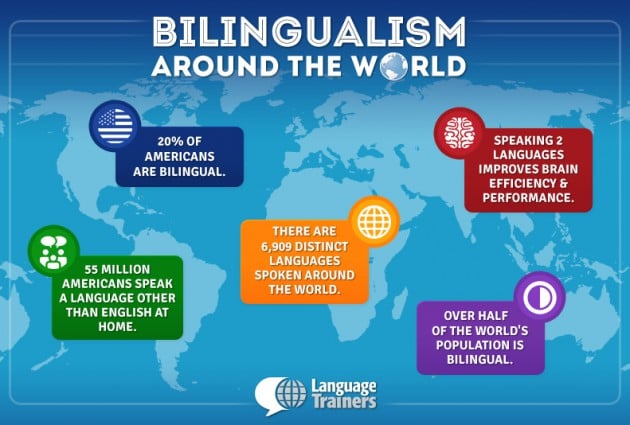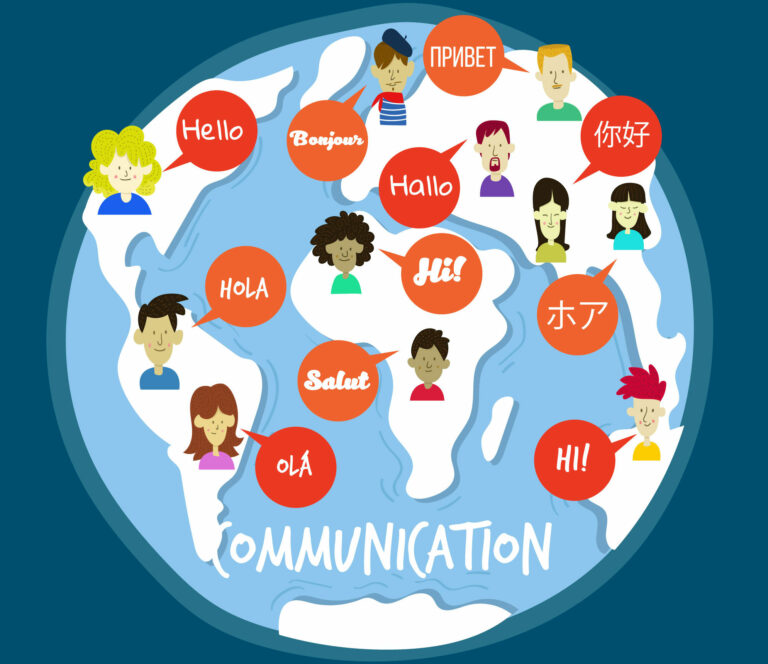Out of 7 7 billion people over half speak two languages bilingual people also tend to be bi cultural

Out of 7.7 billion people, over half speak two languages. Bilingual people also tend to be bi-cultural.

Language is an integral part of human communication and culture. With over 7.7 billion people inhabiting the planet, it is astonishing to discover that more than half of them are bilingual. Bilingualism, the ability to speak fluently in two languages, is a common phenomenon worldwide. Being able to communicate in two languages not only opens up a world of opportunities but also enriches one’s cultural experiences.

One striking aspect of bilingualism is its close relationship with being bi-cultural. Bilingual individuals often possess a deep understanding and appreciation of the cultures associated with each of the languages they speak. This cultural immersion provides individuals with a unique perspective on different traditions, values, and ways of life. By being familiar with more than one culture, they are more open-minded, accepting, and adaptable to diverse environments.
Bilingualism offers numerous advantages on both personal and professional levels. Research has indicated that bilingual individuals tend to have better cognitive abilities, including improved memory, attention, and problem-solving skills. This cognitive flexibility enables bilinguals to easily switch between different tasks and think creatively. Moreover, bilingualism has been linked to delayed onset of age-related cognitive decline and neurodegenerative diseases, such as Alzheimer’s and dementia.
Being bilingual also enhances communication skills. Bilingual individuals have an innate ability to interpret and understand non-verbal cues, which plays a significant role in effective communication. Moreover, bilingualism fosters higher levels of empathy and understanding towards others, as individuals can relate to different linguistic and cultural backgrounds. This skillset is highly valued in today’s interconnected world and can provide a competitive edge in various professional fields, such as business, diplomacy, and healthcare.
Additionally, bilingual individuals are more likely to possess an appreciation for diversity and multiculturalism, which is crucial in promoting tolerance and intercultural harmony. They can bridge cultural and linguistic gaps, fostering understanding and cooperation between communities. Bilingualism contributes to a more inclusive society by breaking down barriers and promoting cultural exchange.
In conclusion, the fact that over half of the global population is bilingual is a testament to the importance and prevalence of bilingualism in today’s world. Bilingual individuals not only possess the ability to communicate effectively in multiple languages but also have a deep understanding and appreciation of different cultures. The benefits of bilingualism extend beyond personal enrichment, as it enhances cognitive abilities, communication skills, and promotes cultural understanding. Embracing bilingualism is a step towards a more interconnected and harmonious global society.
Related Posts
Quick Links
Legal Stuff

